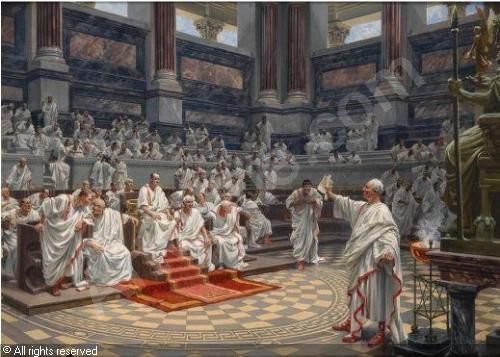In a piece of the past, I saw a path for the future.
As I was driving through the rolling roads in the Ridge-and-Valley Appalachians, I could not help but look at all that was around me – passing me by.
I saw the beautiful hills winding off into eternity; I saw majestic trees standing tall like proud soldiers, guarding the land. I saw old scaffolding for abandoned coal mines. I saw the old church houses with its history written on the layers of renovations, completed decade over decade.
I saw the beauty of Appalachia.
I then saw the empty main street, now adorned with vacancy signs and plywood sheet coverings. I saw the rehabilitation centers, filled with souls fighting internal battles that require our support and understanding – fighting a war on two fronts, most recently the viral pandemic, and before that, the opioid epidemic, a fight raging year over year.
I heard the cries for help throughout Appalachia.
When I visited the County Sheriff’s Office, I was fortunate enough to meet with the Sheriff and his staff. We shared our stories, and we exchanged our concerns. Through our conversations we were able to understand what is ailing Appalachia.
A quotation frequently cited, yet erroneously attributed to Alexis de Tocqueville states: “America is great because America is good. If America ever stops being good, it will stop being great.”
In those conversations I saw what makes American good – open, honest dialog. In simply talking, sharing our concerns and learning about one another, we were able to better understand one another.
If America is to embody what makes it great, it must reinvigorate good civic dialog – among us all – those in healthcare and those in law enforcement, those disenfranchised and those empowered.
The pandemic has made apparent what was always present during the epidemic, exposing fundamental rifts formed well in advance – years, if not decades before – rifts in how we understand ourselves, and how we understand others.
Rifts that lead us to show love to those battling addictions, yet show contempt for those we deem to be addicts – rifts that have so greatly widened during the pandemic that we now put public health safety and economic prosperity at odds with one another.
Rifts we bridge by becoming good towards one another.
And we become good when we understand one another.
This is why, as lockdowns and shutdowns begin to lift, we should open the doors of town hall, hold meetings in towns across the land to discuss public health issues – whether it is opioid prescribing patterns or the lack of parking at a new hospital facility – anything from the slightest to the greatest.
Create a forum through which we can express ourselves, share in our victories, and seek solace in our struggles – where law enforcement and physician leaders can discuss the issues they face, and how they are facing them.
We all want what is best for Appalachia.
We all have a desire to see the state emerge out of the pandemic-driven recession and overcome its ghastly legacy of addiction.
We are an incredible land with incredible individuals.
Yet we find ourselves divided within rifts we cannot see, at odds with those we have much in common, overlooking what unites us to focus on what divides us.
But to bring out the greatness in all of Appalachia, we need to return to the time honored tradition of civic dialog.
A piece of the past creating a path for the future.
Bringing us together, so we can bring out the best in one another.
God bless.















